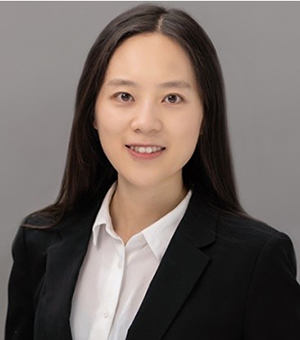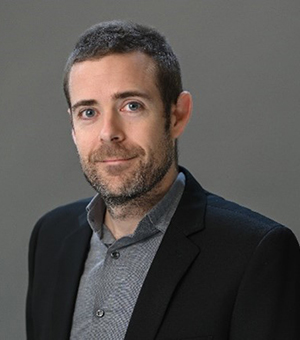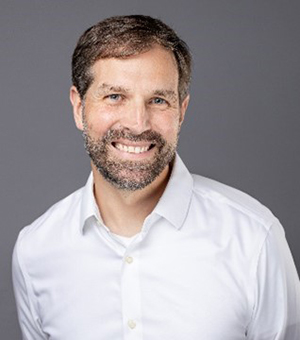Invited Speakers
 Dr. Yuan Gao
Dr. Yuan Gao
Assistant Professor, Department of Mechanical Engineering, The University of Memphis
Title: Acoustic Bubbles in Microfluidic Systems: A Versatile Tool for Biomedical Applications
A typical biomedical analysis process usually requires (1) multiple steps such as sample collection, sample preparation and analytes detection; (2) sophisticated equipment; and (3) professional personnel. All these weaknesses have become a burden to ever-increasing demands of rapid and reliable healthcare for individuals and society. In recent years, microfluidics has shown great potential to become a go-to solution, by which most of these steps can be realized in a single miniaturized device. Especially, by combining acoustics and microfluidics, we can achieve contactless operation with high controllability and high biocompatibility, which is well poised for solving the challenges in various biomedical research related to healthcare.
In this talk, Dr. Gao will present acoustic bubbles (gas/air interfaces) in microfluidic systems for various biomedical applications to address the challenges in fluid transportation, cell manipulation and disease treatment. The versatile functions of acoustic bubbles will be discussed with experimental examples. This talk will also cover the approaches to building various microfluidic biomedical devices using advanced manufacturing technologies and low-cost materials. Building on her background in acoustic microfluidics and advanced manufacturing, Dr. Gao will share her recent research and future directions in developing innovative acoustic microfluidic systems, with the potential to impact a wide range of biomedical applications.
 Dr. Shawn Pollard
Dr. Shawn Pollard
Assistant Professor, Department of Physics and Materials Science, The University of Memphis
Title: Thin film engineering for the design and manipulation of magnetic solitons
To design magnetic thin films with novel functionalities, a wide range of work in recent years has focused on thin film heterostructures, wherein interfacial interactions result in emergent properties or through nanostructuring such that shape confinement alters magnetic ordering within the film. Nowhere has this been more apparent in magnetic soliton engineering, wherein spin structures may be designed with specified properties, providing new tools to study fundamental physics and be used as building blocks of next-generation memory and logic devices. In this talk, I will briefly introduce two such spin structures, the magnetic vortex, and skyrmion, and discuss our work on designing films capable of hosting them. I will further introduce our recent interface and heterogeneity engineering work to control these states using magnetic fields and spin-polarized currents.
 Dr. Mark Morrison
Dr. Mark Morrison
Staff Scientist, Smith & Nephew, Memphis
Title: The Use of Additive Manufacturing in the Medical-Device Industry
Over the past two decades, additive manufacturing (AM) has been quickly adopted by the medical device industry for fabricating both instruments and implants. Because AM can be more expensive than conventional manufacturing, it is important to identify applications where viable value propositions can be made. In this talk, I will give an overview of how AM is used in the medical device industry today, as well as the key value propositions and the hurdles to wider adoption.
